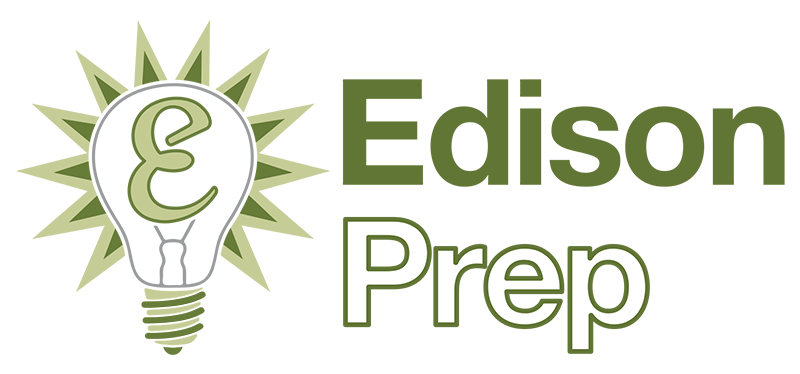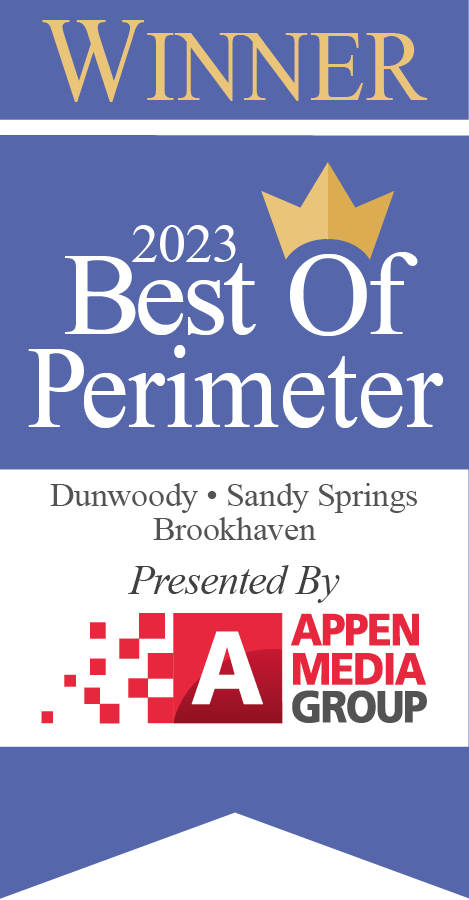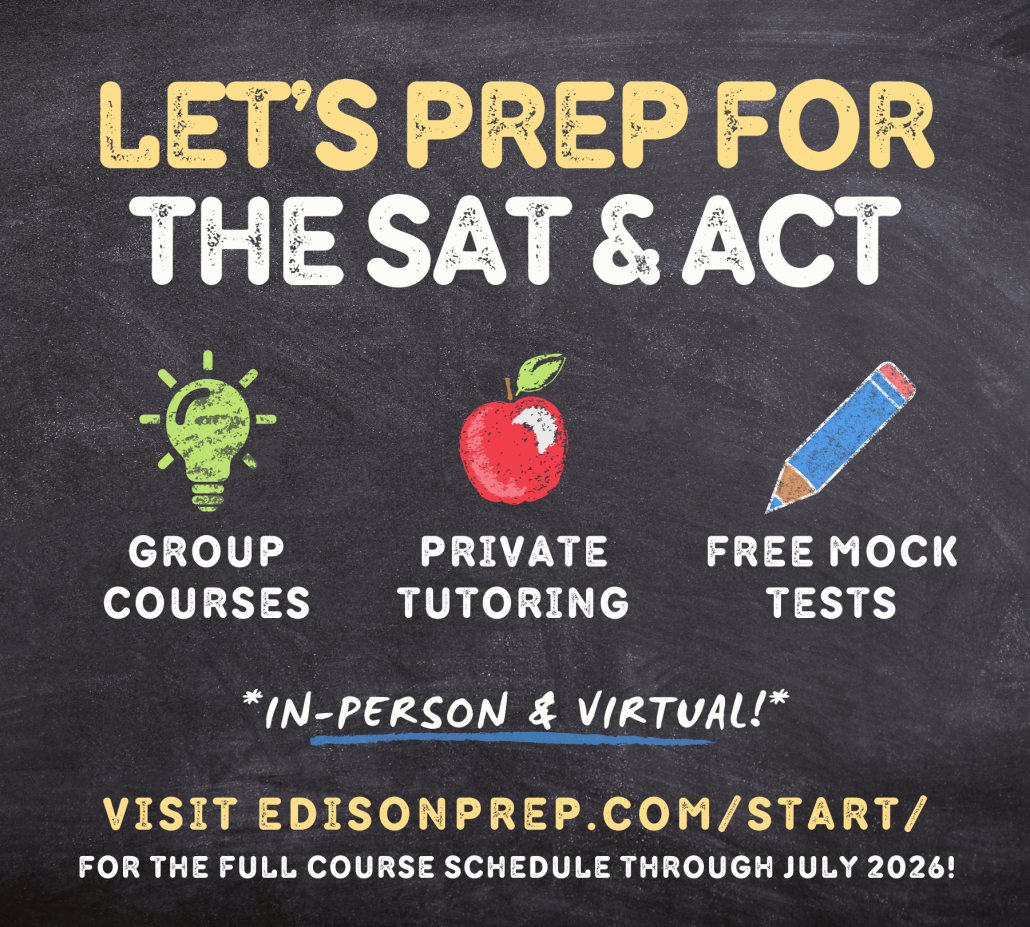Why Do AP Exams Matter?
Date: March 18, 2025
By: Rowen, Operations Manager and Tutor
Advanced Placement (AP) exam season will be here before we know it! Why is it so important to take—and score well on—AP exams in the first place?
AP exams are assumed, by most universities, to be a particularly reliable measure of students’ college readiness. Of course, admissions committees consider several metrics to assess academic achievement, including a student’s GPA, rigor of high school classes chosen, SAT/ACT/AP exam scores, and essays; but AP exams in particular provide students the opportunity to show they can handle college-level material. Additionally, AP exam scores are far more standardized than GPAs, which can be heavily skewed by grade inflation and highly different grading practices at each high school; universities are increasingly skeptical of GPA’s reliability. Recently, Emory’s Dean of Admissions, John Latting, lit the higher education world on fire when he candidly admitted in an Inside Higher Ed article what has been privately said to college counselors and tutors (never for attribution, of course) for over a decade: “We’re not as trusting, frankly, of GPA these days. Students are trying their hardest… but grades are definitely inflated and not as connected to true class performance as they used to be…” He continued by noting that, going forward, “Emory’s admission office will be weighing ‘external assessment’ more heavily than GPA, with a particular focus on AP scores.”
Bonus: Listen to Edison Prep co-founder Brian Eufinger discuss the reality of grade inflation here on a national education podcast!
Not only do AP courses demonstrate a student’s ability to handle rigorous coursework, they strengthen students’ college applications as a whole. For some universities, taking multiple AP courses is expected. At UGA — not Harvard — the middle 50% of the Class of 2029 completed an average of 9-14 AP/IB/Dual Enrollment courses by high school graduation. Important note: if your school only offers a maximum of say, 6 AP classes by graduation, your application will be considered in that context. But if you’re at a school where there’s a theoretical maximum of 16 APs, taking just 2 could greatly injure your chances, especially if your high school peers were taking 3-4x as many and applying to the same colleges!
Lastly, and perhaps the biggest payoff for families, is that many colleges offer credit for AP scores. Students can often bypass core requirements and electives. Want to opt out of that freshman writing course so you can focus on your engineering classes? Many colleges accept a high enough AP Literature exam score in its place. Students who bring in AP credits can also more easily double major, graduate early, fit in a study abroad semester, or other creative options!
How do I prepare?
The best way to crush an AP exam to start preparing for it early and often. Don’t wait until three days before the test (which is what most students do) to review an entire academic year’s worth of content —actively review your course content throughout the year, ask questions in class, and to the best of your ability, identify the content areas most in need of improvement. Take a practice AP exam by April 1st— mimicking testing conditions as closely as you can—to get an idea of both what to expect in May and what topics you need to target for review!
Invest in Professional Prep!
If you’re taking AP US or World History, Edison Prep offers AP History Bootcamps every April. These one-day bootcamps that we’ve held annually since 2010 incorporate multiple learning activities that use actual past AP exams, effective writing strategies, and activities that keep students engaged while learning test-taking techniques. The history content portions are interspersed between the strategy and essay-writing portions of the bootcamp to maintain a lively atmosphere and to utilize real examples during the pedagogical portions. Students can join in-person or virtually. Enroll here!
We also offer private tutoring in numerous AP subjects, including Pre-calculus through Calculus BC, Statistics, Physics, Biology, Computer, Science, History, Language, Literature, and more. And we’re looking to add even more subjects to our roster, so if you’re looking for a subject that isn’t listed, let us know!
Questions?
Reach out at 404-333-8573 or edison@edisonprep.com!









